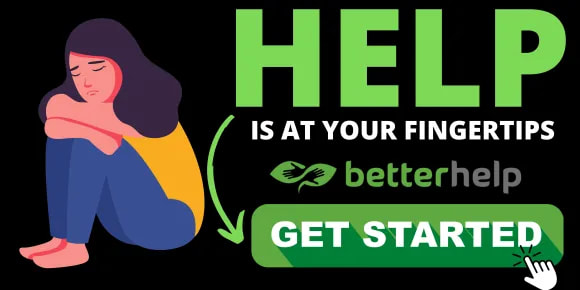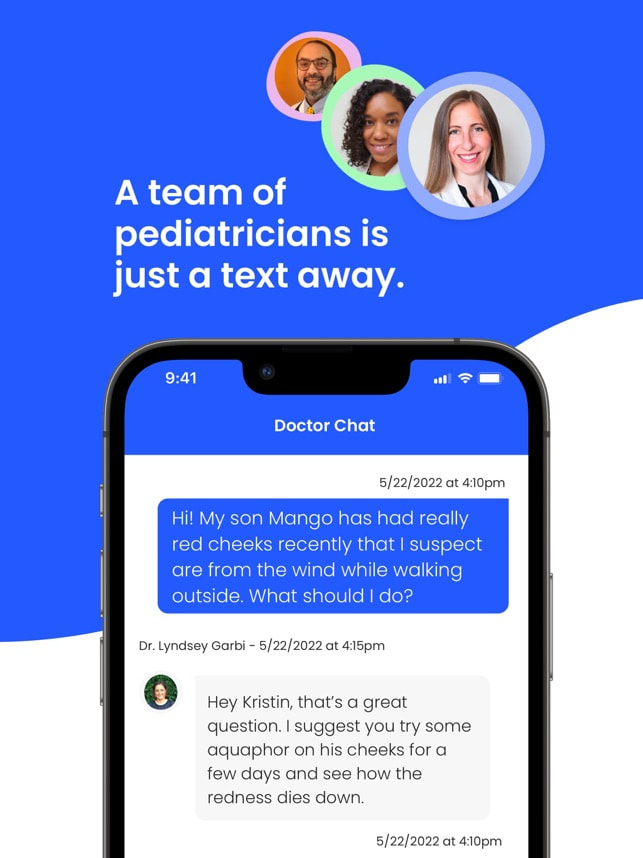|
You’ve made the decision to become a foster parent—congratulations! When you're done with training, the next step is typically your home study. Don’t worry, it’s not as daunting as it sounds. Here are some tips on how to prepare for your home study so you can be ready and confident when the time comes.
1. Gather Required Documents The first step in preparing for your home study is to collect all of the necessary documents and paperwork that will be required during the assessment process. Much of this documentation will likely be gathered in earlier stages of the licensing process. Still, it's a good idea to have core personal records on hand for your home study in case questions related to them come up. These documents may include identification (e.g., driver's license), proof of residence, medical records, background checks, financial records, educational records, employment records, marriage certificates, divorce papers (if applicable), and references from family and friends. 2. Understand What Will Be Covered During Your Home Study Your home study should be an open dialogue with your social worker about what it takes to become a foster parent. They will want to get to know you better so they can make sure you are well-equipped for fostering. Social workers may ask you a wide range of personal questions to get to know you and your household. Some examples include:
Read More Below 3. Create a Safe Environment Your social worker will also be looking at your living environment during their visit for any potential safety concerns—so it pays off to make sure everything is in order before your home study! Your agency may provide you with a checklist that you should go through. However, generally you should:
Preparing for your foster care home study doesn't have to be intimidating; just remember these three simple tips and you'll be ready when they come knocking at your door! With proper documentation ready ahead of time, an understanding of what topics might come up during the assessment process and making sure you have created a safe environment for children—you'll be well prepared for success! Good luck! Kinship foster care is an important way to provide a safe and loving home for children in need while keeping them connected to family members. If you’re considering becoming a kinship foster parent, here’s what you need to know about kinship foster care.
What is Kinship Care? Kinship care is when a child who cannot live with their biological parents remains in the custody of the state but lives with another relative, such as an aunt or grandparent. The relative can be a blood relation or someone related by marriage or adoption. It provides the child with stability, belonging, and consistency while keeping them connected to their extended family. What Are the Benefits of Kinship Foster Care? Kinship foster care provides several benefits over traditional foster care. For example, it can help maintain connections between the child and their extended family, which can be beneficial for their emotional wellbeing. Additionally, kinship caregivers are often already part of the child’s life—either because they were already involved before or because of existing connections between families—so this can reduce transition times and make it easier for the child to adjust to their new circumstances. What Are the Requirements for Being a Kinship Foster Parent? Each state will have different requirements for being a kinship foster parent, so it’s important to research your local regulations before making any commitments. Generally speaking though, you must go through all of the usual checks that are required for any other type of foster parent (such as background checks) but you may also have additional obligations depending on your specific situation—for example, if you are not related by blood then there may be certain paperwork that needs to be filled out first. How is Kinship Foster Care Similar to Traditional Foster Care? Kinship foster parents share much in common with traditional (non-related) foster parents. Kinship Foster Parents should expect:
What unique challenges do Kinship Foster Parents face? Kinship fostering does come with its own set of challenges as well—especially when it comes to financial issues. For example, some states may not provide financial assistance for relatives taking on the role of caregiver even though non-relative caregivers would receive assistance. In some states, this does change if the kinship foster parent because licensed (talk to the child's social worker about that possibility). Another issue kinship foster parents face is more personal; Because kinship foster parents are known to the child's biological parents, it may mean resentment and anger amongst family members involved in the case. These circumstances should be dealt with maturely and delicately to the child doesn't feel they're in the middle of this tension. While challenging, kinship fostering can be incredibly rewarding both for the kinship parents and for children in need of a stable home environment. If you you've been asked to serve as a kinship foster placement and think it would suit you and your family, talk to the child's CPS worker to see how to move forward.  If you're asking, "Should I foster?"... Let me be clear, I can by no means be the end-all, be-all deciding factor for someone who is considering becoming a foster parent. But I can share some things I would encourage you to consider. Are you fostering to grow your family or fostering because you have love to give to a child in your community? There was a narrative built decades ago that has led some people to believe that fostering is an automatic path to adoption. Maybe it was more likely at one point, but now, the primary goal of fostering is reunification with the foster child’s biological family. That is HARD. I knew it would be hard before I started fostering but now that I’m in it I am fairly certain it will be gut-wrenching. But we'll continue doing it because our goal isn’t to foster to grow our family, our goal is to support a kid who needs it. Are you willing to learn about trauma? Kids in foster care have experienced trauma. Many have experienced trauma from abuse and neglect. They have all experienced trauma from being pulled out of their home (even if it wasn’t the best environment). You cannot expect to apply the same discipline or affection to foster kids that you would biological kids and get the same results. They will have hearts that need to be mended and trust that needs to be built-–no matter the age of the foster child (yes, even newborns). Do you understand the importance of bio families? I often see well-meaning foster parents or adoptive parents who mistakenly think that if they cut ties with bio families, the child will then be free to adjust into their “new” family. Honestly, I had this misconception before we really got into things. But I've learned it doesn’t work that way. Think of a tree: If you cut a tree down and leave the roots behind, it’s very unlikely it’s ever going to grow no matter how much you nurture it. If you are able to carefully and lovingly remove it, roots intact--and THEN nurture it--you have a much better chance of growing a strong tree. In cases where it's impossible to have direct access to bio families, you'll still want to do your best to lift them up with your words and actions. Talk about how much their bio parent's love them. Ask them to share fun memories they had of their time with their bio family. You should be prepared to never talk negatively about bios, no matter the circumstances that put the child in care. If the bio parents are in jail, you can say things like, "Your parent made a bad choice but it's okay if you love and miss them." Are you willing to learn about cultures, traditions etc. other than your own? Children in foster care come from all different races, cultures and backgrounds. Even if they happen to look like you, they may have religious traditions or other identities that are different from yours that you should honor. (While I'm sure it would be ideal for every foster child to be with a family that looked like them and came from the same cultural background, please don't shun a child just because they don't look like you.) It’s okay if you’re different than them, as long as you’re willing to learn about them and help them embrace all aspects of their identity. Can you provide financial support for a child? Foster kids typically come with a stipend, but it does not typically cover 100% of their costs for food, clothes, school supplies, utility increases, special activities, etc. You need to be sure your budget isn't so tight that going over your stipend by a few hundred dollars here and there would put you and your family in financial ruin. Can you provide the child with structure for their development? I often worry if my husband and I have enough time to give to our fosters between our full-time jobs, biological son, and other roles and responsibilities. But I remind myself it’s not just about the quantity of time, it's about quality. As long as we’re providing time for bonding, access to needed health resources, access to food, consistent schedules, opportunities for socialization, opportunities for learning, and love (more on this next), that is much more important than quantity of time. Do you have love to give to a child with trauma? While you don’t have to be perfect to be a foster parent, you should be able to freely love others and have the mental stability to be able to help a child with trauma get through their challenges. Sure, hugs go a long way, but what children in foster care ultimately needs is someone to be their rock in a sea of change in their life. |
AuthorI'm a foster mom, bio mom, working mom, special needs mom, busy mom. I'm also married to my high school sweetheart, I'm a proud 23-year childhood cancer survivor, and I'm passionate about serving my community. More from FosterMamaArchives
March 2023
Categories
All
|



 RSS Feed
RSS Feed